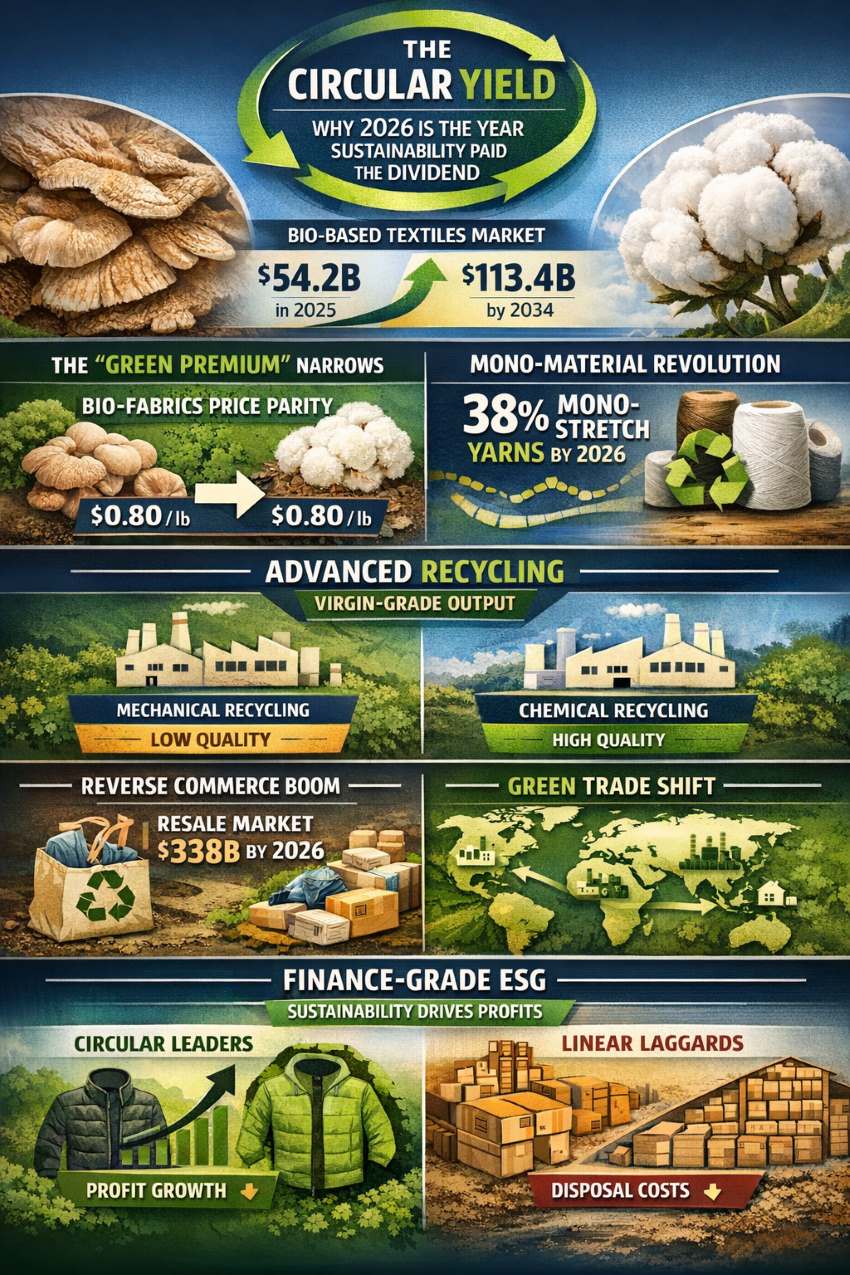Genetic engineering, innovations in tillage, and changes in farm size and efficiency have combined to reduce cotton’s impact on the environment over the past 35 years.
Cotton farming has evolved from horses to robots and drones. Great improvements have been made in reduced soil loss, water use, and pesticide use.
Measuring evapo transpiration offers real-time information to help schedule irrigation.
Plus these environmental improvements have not been at the expense of production. From the ‘60s until now, cotton farmers have almost doubled the amount of cotton they grow with no more acreage.
Commercial cotton breeding has created new varieties that produce more lint. Integrated pest management programs allow producers to be more precise in targeting insect pests. And those pesticides are more selective, targeting specific insects, diseases or weeds. Now, selective pesticides preserve beneficial insects like lady bugs.
Reduced tillage systems are helping conserve moisture, increase organic matter in the soil and limit water and wind erosion.
Biotechnology now protects plants from insect damage. Herbicide tolerant varieties also allow a more efficient weed management system. Cotton farmers also reduce energy consumption because of biotech.
Genetic engineering has improved varieties in other ways. Cotton is already known for drought tolerance. It requires significantly less water than corn, wheat or rice.













